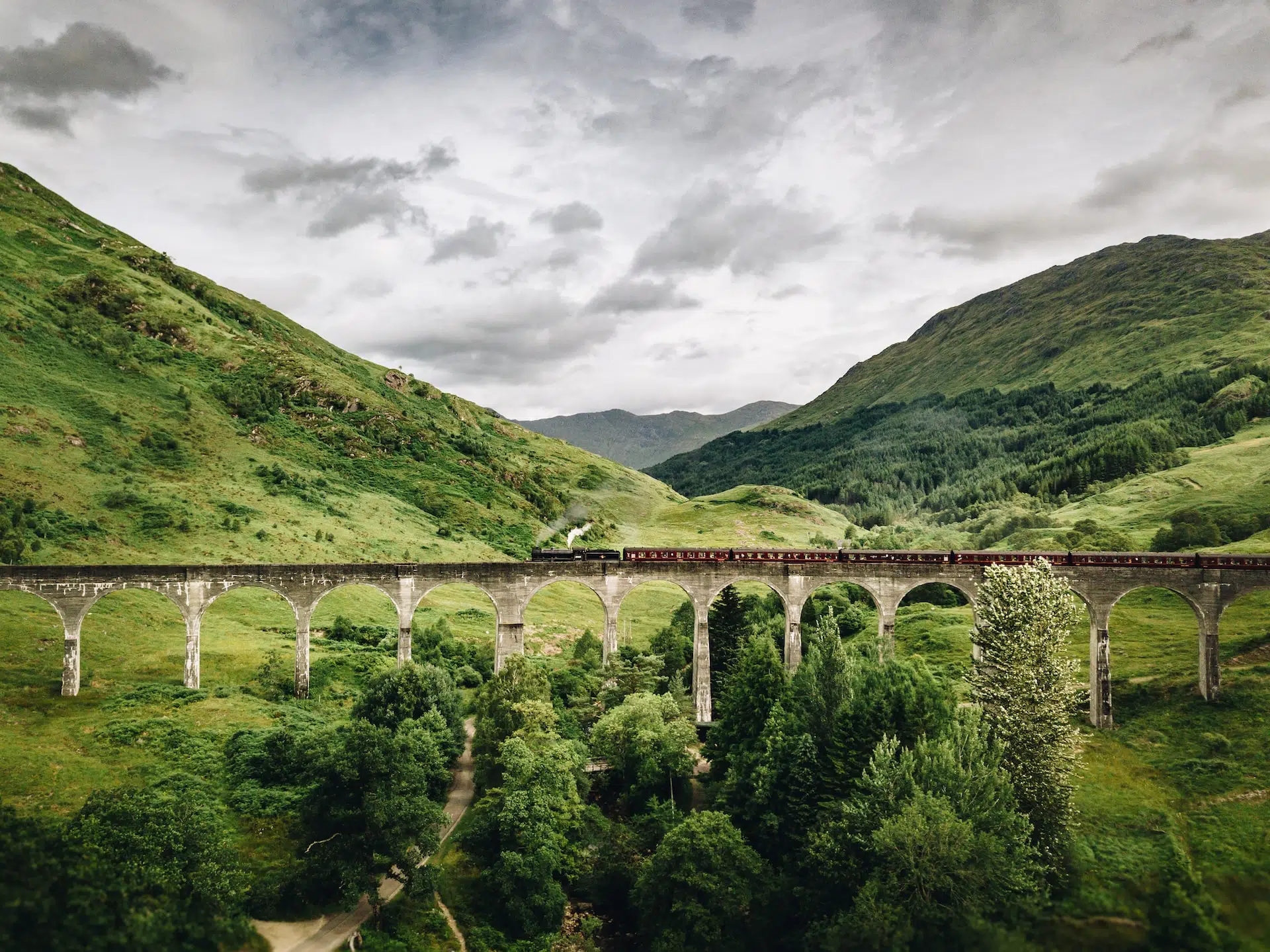Frequently Asked Questions About Scotland
General FAQs for Scotland
Which is the capital city of Scotland?
What is best currency to use in Scotland?
What are most spoken languages in Scotland?
When is the best time to travel to Scotland?
How many days are required for traveling in Scotland?
What is the emergency number in Scotland?
Places FAQs For Scotland
What are the popular tourist places in Scotland?
The best places to visit in Scotland depend on your interests and preferences. Here are some of the most popular destinations:
– Edinburgh: Scotland’s capital city, home to iconic attractions such as Edinburgh Castle, Royal Mile and Calton Hill.
– Glasgow: A vibrant city with a unique culture, great shopping and plenty of nightlife.
– Loch Lomond and the Trossachs National Park: Scotland’s largest national park, with stunning scenery and outdoor activities such as hiking and cycling.
– Isle of Skye: An idyllic island off the west coast of Scotland, known for its rugged beauty and picturesque villages.
– Orkney Islands: A group of islands off the north tip of Scotland, known for their ancient sites and wildlife.
– Highlands and Cairngorms National Park: An area of stunning natural beauty, with mountains and glens to explore.
How do I get around in Scotland?
Budget FAQs For Scotland
What is usual cost of traveling in Scotland?
How much does food cost in Scotland?
What is the average cost of stay in Scotland?
What is the cheapest time to go to Scotland?
Culture FAQs For Scotland
How are the people of Scotland?
What is the most popular food in Scotland?
The popular dishes in Scotland include:
– Haggis – a traditional dish made of sheep’s stomach stuffed with spices, onions and oatmeal.
– Cullen skink – a creamy smoked haddock soup.
– Scotch broth – a hearty vegetable soup served with barley.
– Neeps and tatties – mashed turnip and potatoes.
– Clootie dumpling – a rich pudding made with dried fruit, flour and spices.
– Cranachan – a traditional Scottish dessert made with cream, honey, oats and whisky.
– Shortbread – buttery biscuits traditionally served at the end of a meal.
What are the most popular sports in Scotland?
What are main religions in Scotland?
What are the popular festivals celebrated in Scotland?
The popular festivals celebrated in Scotland include:
– Hogmanay – a New Year’s celebration which is one of the biggest events on the Scottish calendar.
– Up Helly Aa – a fire festival celebrated in Shetland to remember the Viking Heritage.
– Edinburgh Festival Fringe – the world’s largest arts festival which takes place in Edinburgh every August.
– The Royal Highland Show – Scotland’s largest agricultural event, featuring sheep shearing competitions and art exhibitions.
– Celtic Connections – a celebration of traditional Scottish music, culture and dance.
– St Andrews Day – the national day of Scotland celebrated on 30th November.
– Samhuinn Fire Festival – a traditional fire festival celebrated by the Beltane Fire Society in Edinburgh.
– Glasgow Mela – an annual celebration of South Asian culture which takes place in Glasgow every summer. These are just some of the popular festivals celebrated in Scotland, and there are many more throughout the year
What souvenir gifts to buy from Scotland?
Scotland is a great place to pick up souvenirs, with a number of unique items available. Popular choices include:
– Tartan fabric – Scotland’s national pattern has been used to make everything from scarves and blankets to hats and keyrings.
– Whisky – Scotland is renowned for its whisky distilleries, and it is possible to pick up a bottle of single malt or blended whisky from many souvenir shops.
– Cashmere goods – there are numerous outlets which sell cashmere scarves, sweaters and other items made in Scotland.
– Shortbread – this biscuit is a traditional Scottish treat and makes for an ideal gift.
















